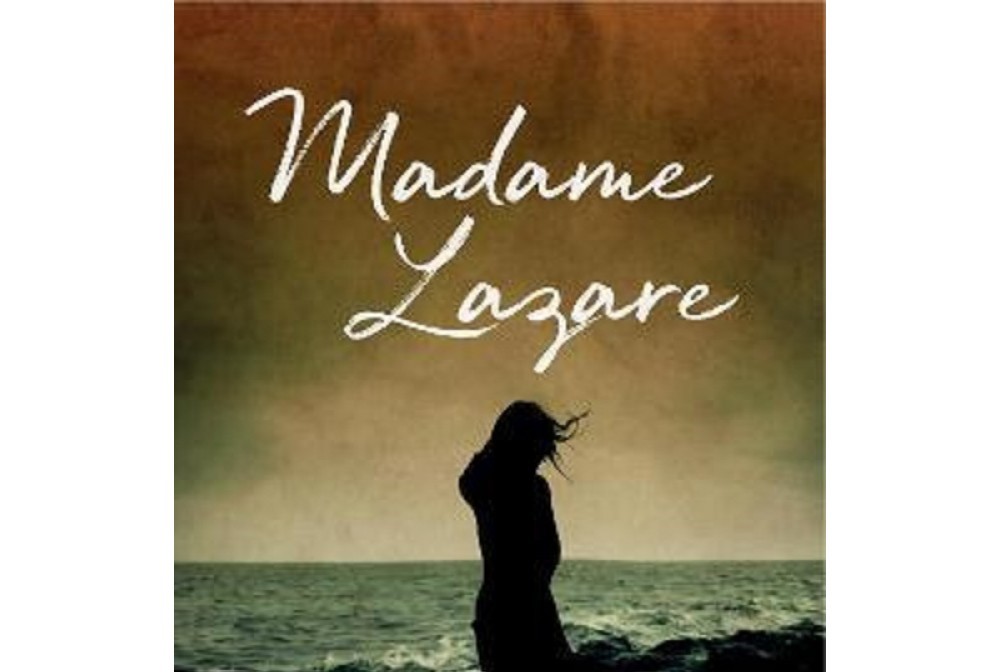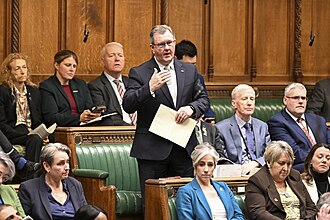
Book Review - Madame Lazare!
Book Review - Madame Lazare!
Some time ago, when I read that the book 'Madame Lazare' won the European Union literature prize in 2022, as well as an award for 'Irish Book of the Year' at the 'An Post Irish Book Awards' in 2021, it amazed me and awakened my interest in reading it. After that, I read a few reviews. The more I read, the more my interest grew regarding this book and its author Tadhg Ó Dhonnagáin. But would the book be as good as it was said to be?
The author
It would be appropriate to write a few words about the author himself, Tadhg Ó Dhonnagáin. Although this is his first novel, this is not his first 'rodeo' as they say in the United States. He was a teacher from 1982 -1987 at Gaelscoil Uí Dálaigh in Léim an Brádáin. He got a part-time job with RTÉ from 1984-1987 as a presenter on the children's show called 'Dilín Ó Deamhas'. He retired from teaching in 1987 and got a full-time job with RTÉ as a presenter on the show 'Cúrsáí' and then in 1995 on the show 'Cúrsáí Eálae'. Also, he was moonlighting as a Celtic rock star, and released two albums: 'Solas Gorm' in 1983, and 'Raftiríir San Underground' in 1993.
Tadhg and his family moved to An Spidéal in 2000, and he started working on various projects - including a presenter for TG4. He released a book and CD called 'Gugalaí Gug: Traditional Rhymes in Irish' in 2006. When he was working on Gugalaí Gug, it occurred to Tadhg that he would be able to start his own company (Futa Fata) to publish Irish books for children. He attended the 'Bologna Book Fair' in 2006, and was encouraged to translate books into Irish, and his company did so, publishing books such as 'Frog sa Spéir', 'Eileanór an Elifint Éagsúil', 'Mac Tíre na Draíochta', 'Neilín and the Cat', 'Béiríní ag Troid' and the series 'Cathal'. Futa Fata is also very strong on picture books. A few of them achieved places on the shortlist for the KPMG Children's Books Ireland Award: 'Míp', a picture book written by Máire Zepf and illustrated by Paddy Donnelly, and 'Scúnc agus Smúirín', a picture book about a skunk and his toy written illustrated by Muireann Ní Cíobháin and illustrated by Paddy Donnelly. In 2021, Tadhg started a new brand – Barzaz, to publish novels for adults. The first books he published under the brand were 'Khalil' written by Yasminda Khadra and translated into Irish by Máirín Nic Con Iomaire, and 'Madame Lazare'. Undoubtedly, Tadhg Mac Donnagáin is a polymath, with an excellent and long CV. In my opinion, he excelled with 'Madame Lazare'. Tadhg has also written other books, and a couple of them - 'Bliain na nAmhrán' and 'Mise Raftearaí an Fiodóir Focal' won awards. However, we will now turn our attention to 'Madame Lazare'.
Madame Lazare – plot
According to the author himself, his father's mother had a neighbor in the 1920s who only ever spoke English to everyone. As he grew older, he began to speak Irish. No one knew that he had a word of Irish, but he had excellent Irish, because he was brought up with Irish. That was the seed of the book, and Tadhg created his story based on that.
In the story, we follow Hana Lazare through the last days of her life – Madame Lazare of the title. She fled Estonia when the Nazis were persecuting the Jews. She ended up in Paris, and started a new life for herself and her daughter there. Like many Jews, she never spoke about her life in her motherland, before the Nazi attack. But things are not as they seem, and bit by bit, little things leak that open up questions that cast doubt on the story of her life before reaching Paris.
As Hana gets older, it becomes clear that she is competent in a language other than French or Estonian. This confuses her granddaughter, Levana. The young woman goes on a language journey, trying to find out what the language is, what her mother is saying, and what the truth is about her grandmother's life. It is detective work, and we follow that work from Paris to Brussels and even to the west of the Ireland, to discover the truth, and to reveal the secret of the old woman. There are many twists and turns in this thriller that would keep you on edge, and you would not be satisfied until you had read the last word.
Recommendations
I have only one suggestion for you – read this book. All the elements of this novel come together beautifully, and it constantly keeps us in suspense. It is not difficult to understand the Irish in the book, and at the same time the writing style is wonderful. This book is as good as any English book I have ever read, without a doubt. Tadhg also has a special skill with metaphors, and the similarities between the story of Hana Lazare and the story of Ireland are obvious, and especially the story of our own culture and language. They have been suppressed for a long time, but you also see signs of recovery from time to time. It is important for us to always keep our hope, regarding our culture and our language. So, there is depth in this book, and food for thought for all of us. 'Madame Lazare' is a serious work of art that I would recommend to you without hesitation.








